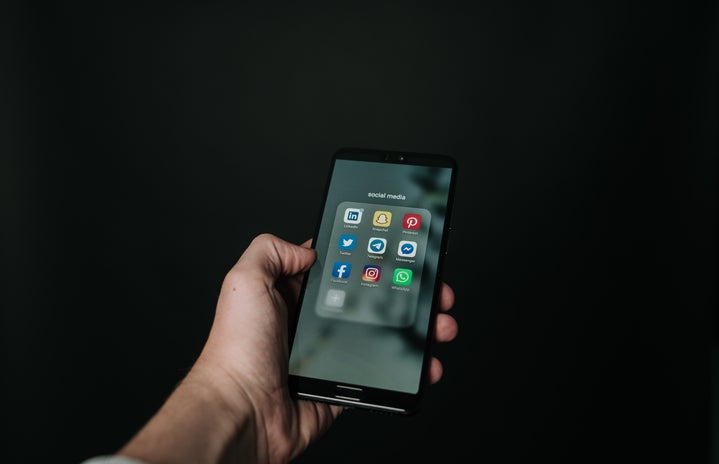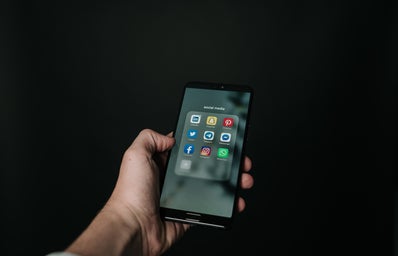I’m not sure if the news has circulated just yet, but there has been a surge in Instagram hacking. Multiple accounts have been getting hacked into; which is why I want to talk about keeping your accounts safe on the internet. Getting hacked is not fun – I don’t know about everyone else, but nothing else can bring me immediate rage like someone hacking into my account can. One of my first accounts got hacked, which I didn’t notice at first, and soon lost full access to it. I quickly made a second account soon after, but that one got hacked too. I’m currently on my third account. Boy, have I been on a rollercoaster? It has been a whirlwind of frustration for me and I know it makes other people angry as well. As much as I want to remain calm, my blood is boiling. I don’t know about you all, but I’m not really in the mood to make a fourth account.
Keeping your information safe on the internet is really important. This is your reminder to make sure that you are frequently changing your passwords and staying on top of all of your accounts. I’ll be honest and say that Instagram security truly sucks and makes it one-hundred times more difficult to get help. Make sure that you’re using strong passwords when creating or changing a password on social media. If you have a private account, be sure to filter who you allow to follow you. If you have a public account, I’ll suggest a few more strategies for you such as an authenticator app.
Some common instances of hacking usually involve a circulation of links. If you receive a link in your direct messages or an odd message, do not click on it. This also goes for random text messages from unknown numbers or emails that say you’ve won a new iPad or iPhone and you ‘just have to follow the link to claim your prize!’ – please do not click on these. These links, when clicked, provide a window for the hacker to easily slip into your private network (your Wi-Fi or cellular network) where they can then access the information within your phone or computer. Of course, not all hackers use this technique. Others, if determined enough, can still access your technology without you clicking on a link or giving them access, unknowingly, to your network. However, this usually only happens to white collar and upper middle-class people.
Here are my suggestions for those of you that are as anxious about this as I am: get two-factor authentication. You can even use the same one that your university requires you to use. I’ve provided some links to websites below that go more into depth about internet safety and hacking as well as different authentication apps that you can all use.
Internet Safety Websites
- https://www.commonsense.org/education/digital-citizenship/internet-safety
- https://www.philasd.org/educationaltechnology/teaching-and-learning/internet-safety/internet-safety-for-students/
- https://staysafe.org/teens/
- https://www.consumernotice.org/data-protection/internet-safety-for-kids/
Authentication Apps
- Authy
- Duo Mobile
- Authenticator
Remember to stay safe!

